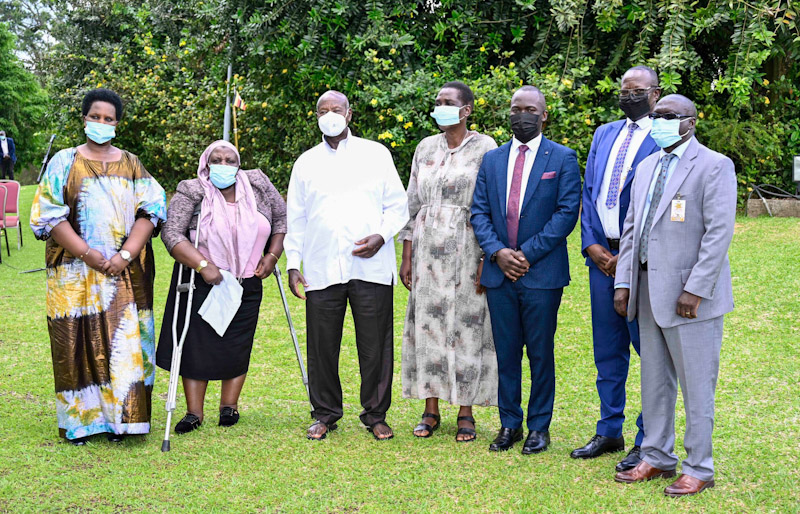When National Unity Platform (NUP) President, Robert Kyagulanyi, a.k.a. Bobi Wine, reacted to the Economic Opportunity Commission (EOC) report of last week, he claims he was branded a tribalist.
The EOC, a department of the Ministry of Gender, Labour and Social Development (GLSD), published a document that put data to the employment status of the Civil Service in terms of which region the people are from. Its statistics broadened the country to West, North, Buganda and East. The graph it brought out identified the respective percentage figures to 47, 20, 18 and 15, respectively. This is what apparently galled Kyagulanyi.
It also disturbed the Soroti City Woman Member of Parliament, NUP’s Joan Alobo Acom, who expressed determination to introduce the matter for debate in the August House.
Doubtless, the EOC took the fact into that; constitutionally, Uganda has 62 tribes. It would also have looked into the figures of the UBOS – Uganda’s Bureau of Statistics – that defines the populations of those tribes. It would (or should) have looked into the education and qualification levels and numbers that each of those tribes has, in order to arrive at its percentages. In this instance, it is generally recognized that Buganda is the largest tribal population and the most educated, given its centrality: there have been conjectures on the others.
Going by that, and Kyagulanyi and Acom’s protestations, other factors would seem to have been ignored – or forgotten – in the Civil Service appropriations. This is what Kyagulanyi terms as: … “the EOC, to their credit and at great risk, boldly brought out the glaring inequalities.” It is what Acom will hope that Parliament will accept and adopt her Motion to have the issue debated, thoroughly scrutinized and exposed.
But from this (un)vantage point, certain issues still come to light. The On-line Ankole Times, does not lump the West as on tribe, but distinguishes 17 tribes. It is not certain that the EOC took that delineation into account when arriving at its data. In this instance, Buganda is acceptably constituting one tribe; and the North (not West Nile), two tribes – the Acholi and Lango.
Taking the East, from this standpoint and arriving at certain figure characterization, would be an enigma. There are nine tribes: the Iteso, Karimojong, Bagisu, Sebei, Jopadhola, Basoga, Basamia, Bagwere and Banyoli. And when the EOC is assigning numbers in the Civil Service, where would it put the Kumam (for Iteso); or, Iik or Lotuko (among the Karamojong), or the Bakenyi (for Basoga – or is it, with Iteso), while arriving at its 15% figure for the East? The assumption is that there are people from those tribes, who are actually educated to the level that they would have qualified to be appointed in the Civil Service, and regarded as a distinguishable entity, in the first place!
The EOC’s characterization of the West would still pose some interesting observations, taking into account what the Ankole Times comes with. Still it wouls seem that the EOC adopted the nomenclature of Runyakitara to encompass the whole West. That would not give accurate credence to the numbers of the obviously dominant tribes in the region: Banyankore, Banyoro, Batooro and Bakiga.
It may mean that, in the assessment of the employment figures in the Civil Service, the small tribes would be lumped up with those, yet they would be unrepresented. Some, if not most, of the people in these tribes are primarily forest dwellers and confined to tilling the land; and have not had any significant level of education as to qualify to work in the Civil Service; but the EOC report would still lump them as; the “West”. How would the Babwisi, Bamba, Vanoma and Mvuba (to mention but a few) feature?
While Acom is presenting her Motion in Parliament; and Kyagulanyi is arguing about being pointed up as a tribalist, it would appear that there is a significant level of study to apportion, as one comes to appropriations, whether in the stances of education, agriculture, business, sport or any other occupation.
to4tio9@gmail.com








